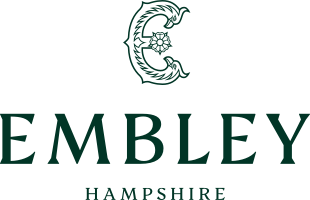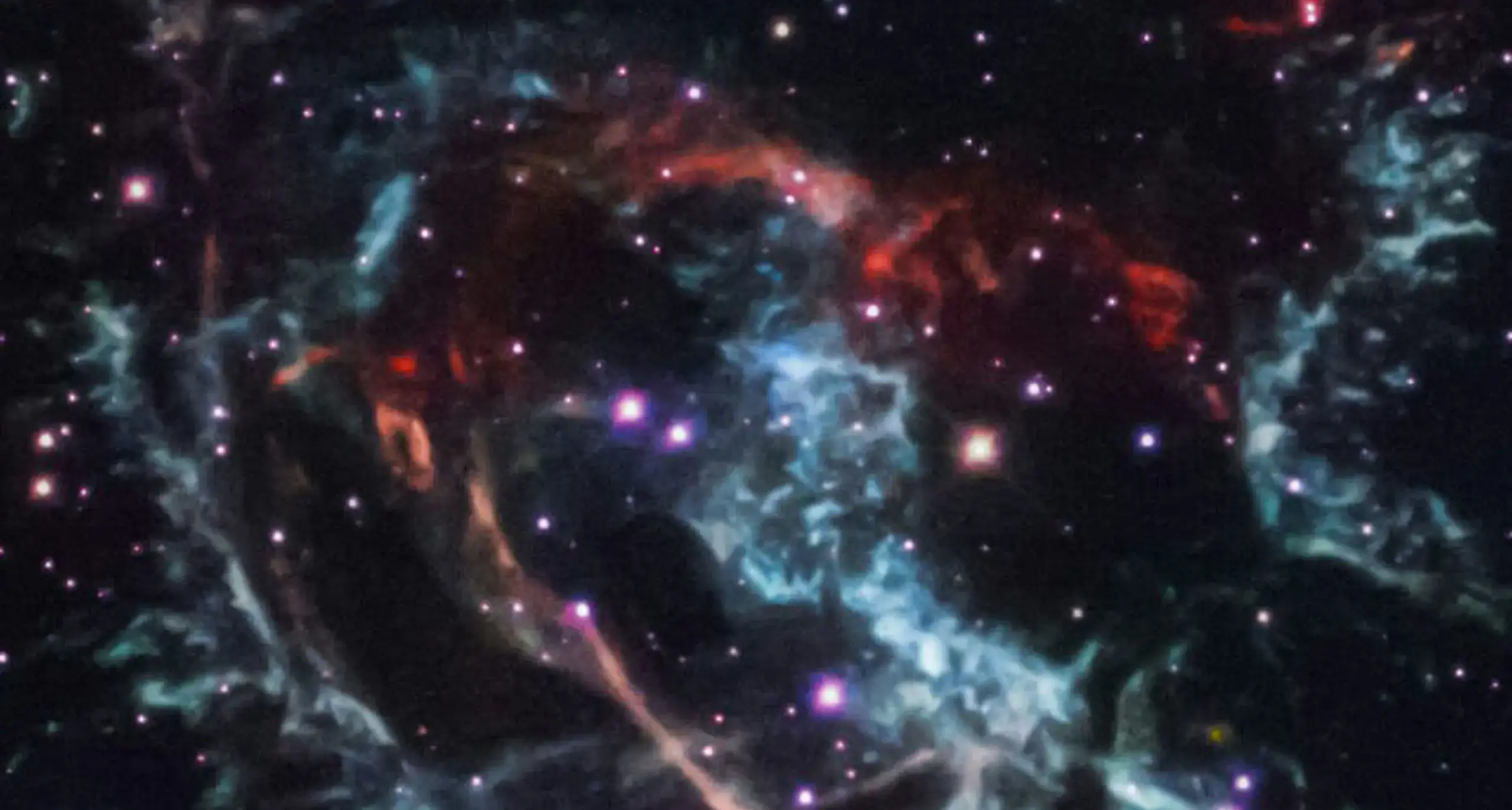We were delighted to welcome Professor Mark Sullivan from the University of Southampton to speak at our latest scholars’ lecture.Year 9 pupil, Amelia, provides an insightful account of his lecture on ‘Supernovae, dark energy and the universe’.
"On Monday 17 June, we were joined by Professor Mark Sullivan from the University of Southampton for a scholars’ lecture on supernovae, dark energy and their link to the expansion of the universe. Mark completed a master’s degree in Physics & Astronomy at the University of Southampton before graduating from the University of Cambridge with a PHD in Astronomy.
In this lecture, he first explained what it means to work as an astronomer – covering common misconceptions about the occupation such as how physical telescopes are never used to observe celestial objects. Instead, computer images/data are sent by much larger telescopes such as the VLT (Very Large Telescope) in Chile.
Mark has collaborated with multiple groups of fellow astronomers to solve some of the universe’s biggest problems; one of which being the expansion of the universe. A supernova is the event in which a dying red supergiant collapses in on itself under its own gravity and ejects all its outer material, resulting in an extremely powerful and luminous shockwave. Since the brightness of a supernova is fixed, its apparent luminosity from Earth can be used to calculate its distance from us in light years. It is believed that the universe is expanding in size however, a few decades ago, astronomers realised that the rate at which these cosmic explosions were moving away from us is increasing – contrary to what scientists thought at the time – and that the universe’s expansion was slowing down. Furthermore, this led to the conclusion that some undetected force is pushing the universe further apart and preventing it from collapsing inwards due to gravity: dark energy.
Mark explained that although 68% of the universe is thought to consist of dark energy, no one truly knows what it is and its presence is still shrouded in mystery. To conclude the lecture, he ended by discussing the possible fates of the universe: The Big Crunch (the universe’s expansion decelerates and collapses in on itself, though the existence of dark energy contradicts this theory), The Big Rip (the universe’s acceleration increases at a more extreme rate and eventually tears itself apart) and The Big Chill (the universe’s expansion keeps accelerating until all stars die out, all remaining matter decays and nothing is left at all).
Professor Mark Sullivan’s lecture really inspired me due to my aspiration to become an astrophysicist in the future, and allowed me to explore an area of the subject which I have not yet come across in detail. Thus, I found it very intriguing and learned a lot from his lecture, including what life as an astronomer is truly like and how supernovae are gateways into understanding the fate of the universe and the significance of dark energy. I am very grateful for this opportunity, thank you Professor Mark Sullivan for coming into Embley and sharing his fascinating research with us."




